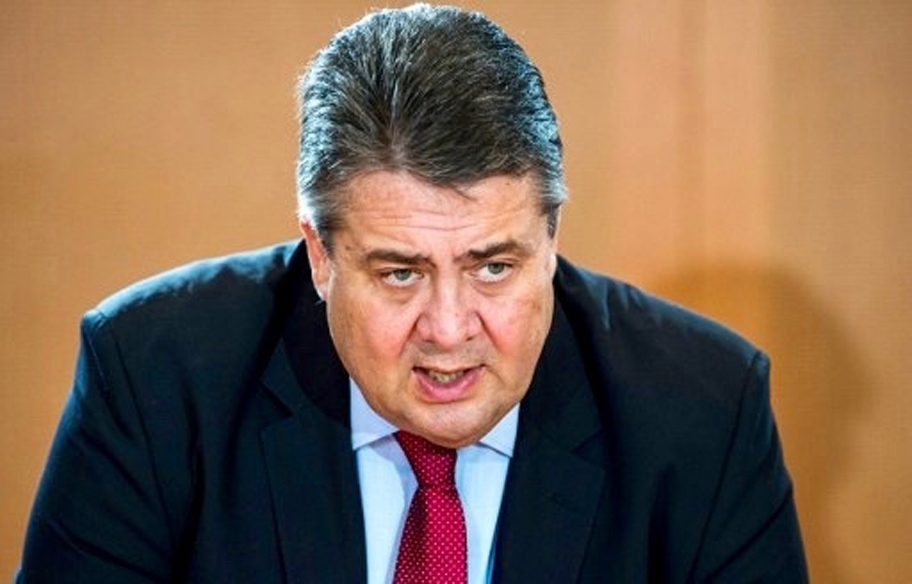Germany threatens to cut aid over rejected asylum seekers

Germany threatened on Sunday to end development aid to countries that refuse to take back rejected asylum seekers, a response to failings that kept the suspected Berlin attacker from being deported to Tunisia.
"Those who do not cooperate sufficiently cannot hope to benefit from our development aid," Vice Chancellor Sigmar Gabriel told Der Spiegel in an interview published this weekend.
German Interior Minister Thomas de Maiziere told ARD public television on Sunday that he "fully supports this idea".
The warning was aimed in particular at Tunisia - the home nation of Anis Amri, who was suspected of ploughing a lorry into a Berlin Christmas market last month in an attack that killed 12 people - and at North African nations in general.
Germany rejected Amri's asylum application last June, but Tunis initially denied he was a Tunisian citizen, blocking him from being sent home. A new Tunisian travel document for the 24-year-old only arrived two days after the slaughter in Berlin.
Several thousand citizens of North African nations, including those with almost no chance of obtaining asylum in Germany, are similarly lacking papers to return home.
The Christmas market attack has pushed the government of Chancellor Angela Merkel to consider how to improve the system.
Authorities are considering more routinely placing failed asylum seekers viewed as dangerous militants in detention ahead of their deportation.
"I will make very concrete proposals to expand the possibility of placing in detention people classified as dangerous before their expulsion," Justice Minister Heiko Maas said on Sunday, adding this would apply to failed asylum seekers whose countries were delaying taking them back.
Maas and de Maiziere are to meet on Tuesday to discuss the proposals, which may also include the question of expanding video surveillance in a country where privacy is fiercely protected.
Stay informed with MEE's newsletters
Sign up to get the latest alerts, insights and analysis, starting with Turkey Unpacked
Middle East Eye delivers independent and unrivalled coverage and analysis of the Middle East, North Africa and beyond. To learn more about republishing this content and the associated fees, please fill out this form. More about MEE can be found here.





